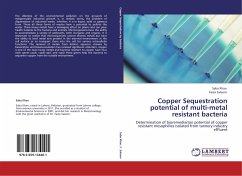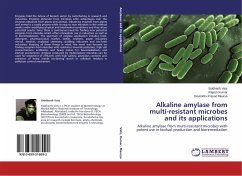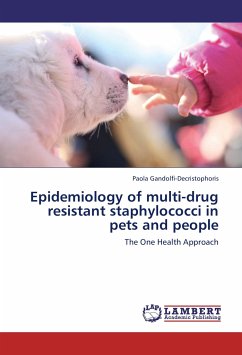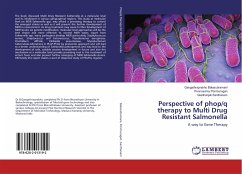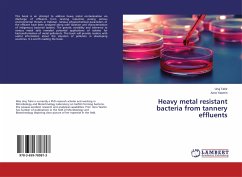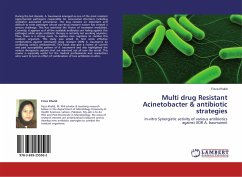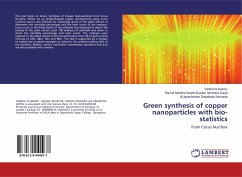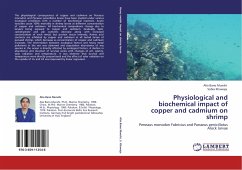The dilemma of the environmental pollution on the grounds of indispensable industrial growth is, in realistic terms, the problem of dispensation of industrial waste, whether; it is in liquid, solid or gaseous form. These all three forms of wastes have a potential to pollute the water. These heavy metals have a damaging affect on plants and can pose health hazards to the humans and animals. Microorganisms have the ability to accommodate a variety of pollutants, both inorganic and organic. It is important to realize that microorganisms cannot destroy metals but have the ability to bind metal ions present in the external environment at the cell surface or to transport them into the cell for various intracellular functions. The removal of metals from distinct aqueous streams by biosorption and bioaccumulation has received significant attention. copper is one of the toxic heavy metals and bacteria resistant to copper have four main genes copA, copB copC and copD these genes help the bacteria to sequester copper from the outside environment.
Bitte wählen Sie Ihr Anliegen aus.
Rechnungen
Retourenschein anfordern
Bestellstatus
Storno

